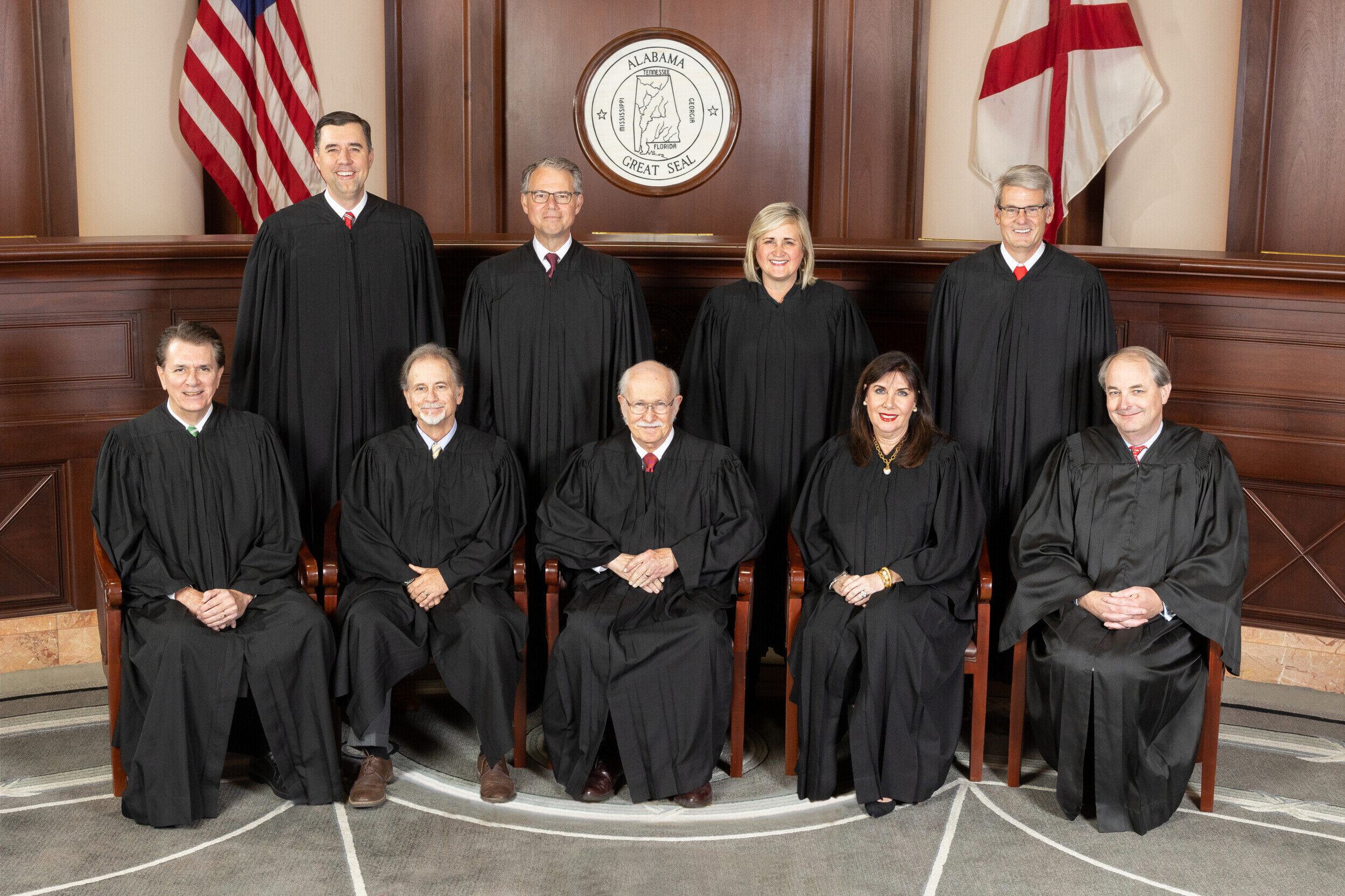This week the Alabama Supreme Court issued an opinion that tangentially upheld Gov. Ivey’s Covid orders in Ex Parte Jackson Hospital. I would love to write another entire article about whether it was even appropriate to take up that question in the case, but that will have to wait. But I would briefly suggest that first year law students not look at this opinion for what can be taken up in mandamus because this just violates several rules we have all been taught on what a court may consider.
The most explosive thing about this opinion is Chief Justice Parker’s lone dissent. The soon retiring justice lays down the hammer of the law showing through history and text how Ivey’s orders were actually more tyrannical than the laws of ancient Rome and on the level of King James II.
Before continuing, I will issue my disclaimer that I am not a Covid denier. I lived through Covid. My younger brother died at age 26 from Covid. I know how dangerous the virus was. But Parker points out, and I agree, that tyranny is a virus to government and the people from which we cannot soon easily recover.
Parker tracks the history of executive power starting in the English Common Law. Before the English Bill of Rights, the king had power to issue a proclamation with the force of law. When William and Mary took the throne, the people demanded an English Bill of Rights. Top of their priority list was to nip the king’s power in the bud and reserve the ability to make law for parliament.
Parker then moves to Blackstone – and that man knows his Blackstone! Pages 62 and 63 of the opinion list the powers of the king, but making law is definitely not one of them. In fact, not one of Blackstone’s commentaries list the king’s ability as that of suspending laws or making them during a public crisis.
Page 64 of the opinion tells a compelling story from just 10 years before America declared independence. The king issued a proclamation imposing an embargo on the export of grain during a severe grain storage. Had he not imposed the embargo, it’s likely many subjects would have starved. The king claimed he had authority to do it because the safety of the state required it. Sound familiar? When parliament reconvened to debate whether the proclamation was proper, those in favor argued it was “at most but a forty days of tyranny.” The opposition responded, “you cannot be sure of either liberty or law for forty minutes” if such proclamations were allowed. Parliament sided with the opposition and so should we.
I don’t have the space to go into all the historical analysis. If you know the history of our laws, you know our founders would have been familiar with this. In writing our own Constitution, we made sure the executive branch had no unspecified prerogative powers. Alabama’s Constitution took extra care to make sure of the same. During the Civil War, Alabama considered strengthening the weak executive branch and giving it more power, but the people struck it down. A nation at war with itself is surely a time for extra power for the executive in a crisis if ever there was one. But Alabama wisely did not allow this.
Alabama’s Constitution has a suspension clause that says that only the Alabama Legislature may suspend laws, no one else. But the Legislature did pass the Alabama Emergency Management Act. This is what gave the governor the ability to act in a time of crisis. So she did.
Now the Alabama chief justice is saying that Act and the governor’s actions go against our State Constitution, and I couldn’t agree more! The enabling Act violates the Alabama Constitution and everything Americans stand for. The chief justice shows this in a well-written and reasoned opinion that is truly one of his best writings. It is a masterpiece of originalism. I am surprised none of our other justices joined in the dissent given their shared value in originalism.
The governor may count the main opinion as a win, but the people need to take the reins from the chief justice and pull the power back. We shall never be assured of two minutes of liberty if we do not.
Laura Clark is a wife, mother, and community activist. She currently serves as the interim president of Alabama Center for Law and Liberty, a conservative nonprofit law firm that fights for limited government, free markets, and strong families in the courts. Anything written by Laura for this publication does not constitute legal advice.
The views and opinions expressed here are those of the author and do not necessarily reflect the policy or position of 1819 News. To comment, please send an email with your name and contact information to Commentary@1819News.com.
Don’t miss out! Subscribe to our newsletter and get our top stories every weekday morning.










